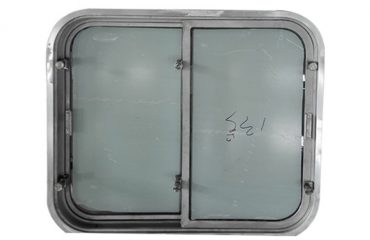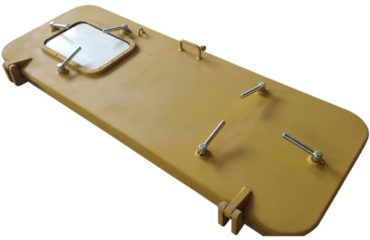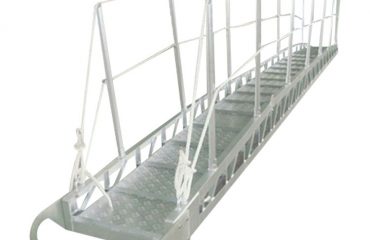

There are several factors that impact the design of ship doors, including safety, functionality, regulations, materials, and environmental conditions. Each of these factors must be carefully considered in order to ensure that the ship doors are effective, reliable, and safe.
Safety is one of the most important factors to consider when designing ship doors. Ship doors must be able to withstand high levels of pressure, water, and impact in order to protect the crew and passengers in the event of an emergency. Doors must also be designed to prevent flooding and maintain the structural integrity of the ship.
Functionality is another key factor that must be considered when designing ship doors. Doors must be easy to operate, durable, and able to withstand high levels of use. They must also be able to seal securely in order to prevent water ingress and maintain the integrity of the ship’s compartments.
Regulations also play a significant role in the design of ship doors. There are strict regulations governing the design, installation, and operation of ship doors in order to ensure the safety of the crew and passengers. These regulations dictate the size, shape, materials, and construction of ship doors, as well as the requirements for testing and certification.
Materials are also an important factor in the design of ship doors. Ship doors are typically made from steel, aluminum, or a combination of materials in order to provide the necessary strength, durability, and weight bearing capacity. The materials used must also be resistant to corrosion, fire, and other environmental conditions in order to ensure the longevity and reliability of the doors.
Finally, environmental conditions must be carefully considered when designing ship doors. Ships operate in a wide range of environments, including extreme temperatures, high levels of humidity, and corrosive salt water. Ship doors must be able to withstand these conditions in order to maintain their functionality and safety.





